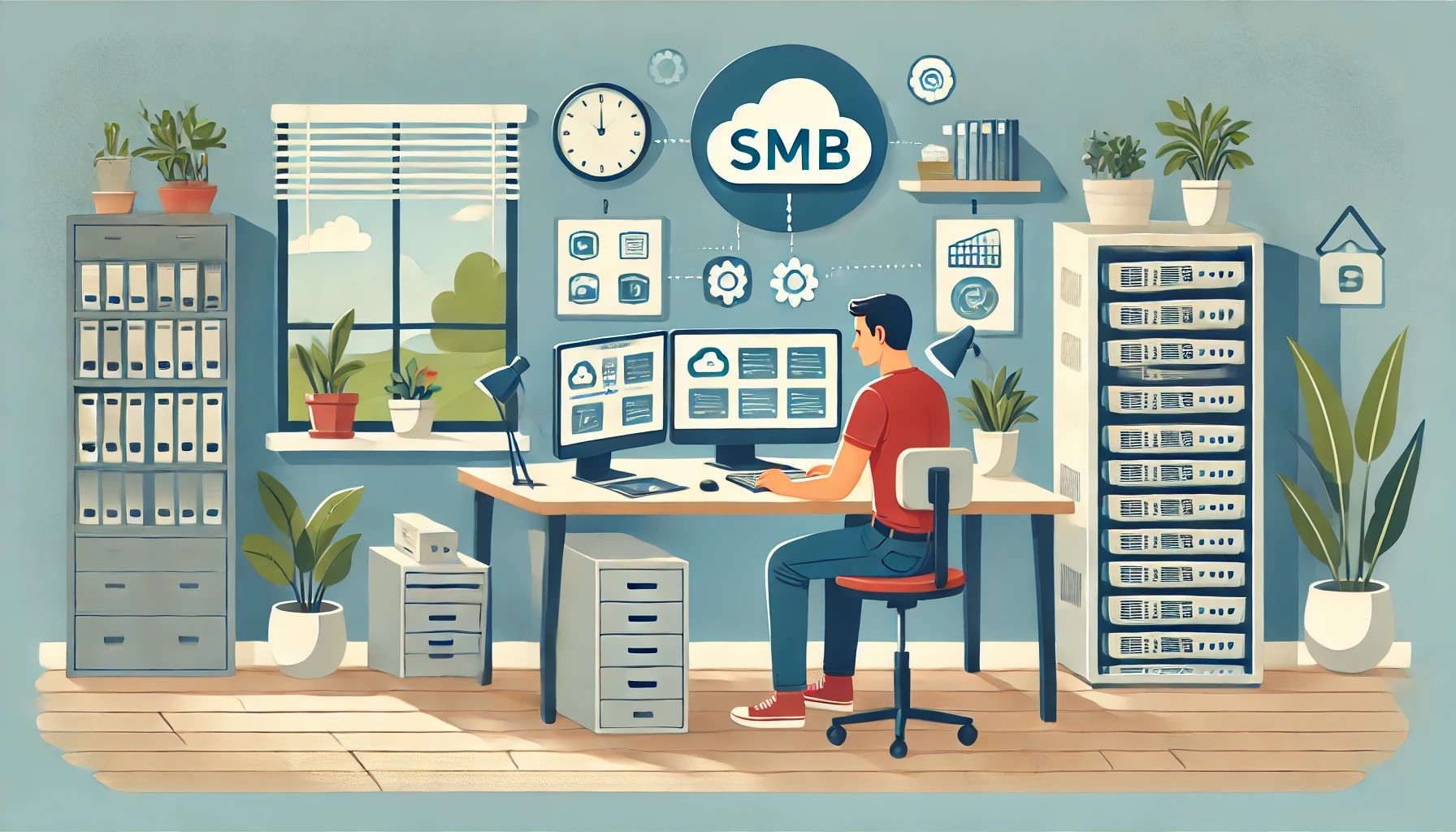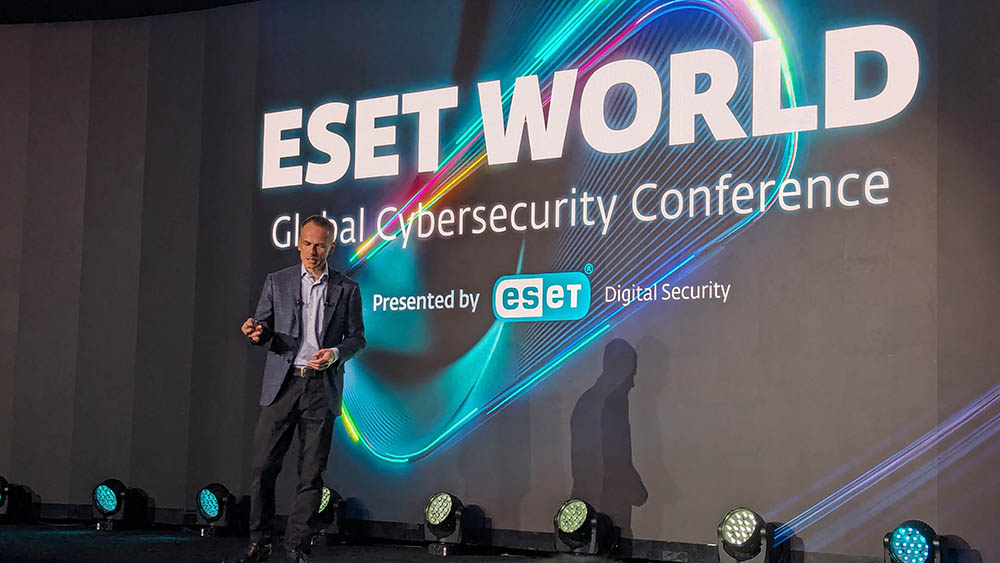Veeam has added low-cost archiving and retention options to its backup solutions for Amazon Web Services, Microsoft Azure, and Google Cloud Platform.
The data protection vendor showcased that change, along with other recent and forthcoming updates, at its VeeamON partner event, which took place online this week.
The new archiving functionality lets users of Veeam’s backup products for the three top public cloud platforms store older, little used data in Amazon S3 Glacier, Amazon S3 Glacier Deep Archive, Microsoft Azure Archive Storage, and Google Archive Cloud Storage. Such services are up to 20 times cheaper than conventional storage-as-a-service equivalents. Veeam’s core Backup & Replication solution has offered similar support for online archiving repositories since version 11, a massive update with over 200 new features, reached market in February.
The next edition of Veeam Backup for Microsoft Office 365, the company disclosed this week, will include cloud archiving support as well, along with a new self-serve portal designed to let end users recover data without IT assistance.
The latest enhancements to Veeam’s family of cloud data protection offerings arrive amid surging migration of backup data from on-premises systems to as-a-service platforms. Indeed, Veeam users moved some 242 petabytes of data into AWS, Azure, and Google Cloud Platform in 2020, and over 100 petabytes more in the first quarter of 2021 alone.
Danny Allan, Veeam’s CTO and senior vice president of product strategy, points to lockdowns and facility closures in response to the coronavirus pandemic as a major contributor to that trend. “People were no longer going into the data center and managing physical systems,” he says.
Veeam showcased updates to Kasten K10, its backup offering for containerized workloads, at VeeamON this week as well. Among other things, the new features let users relocate backups to and from its other solutions. Allan characterizes that change as a down payment on longer-term plans to add support for K10 to its consolidated administration interface.
“If you look at what we’ve done with the cloud products, version 1 was a data integration and then version 2, the next release, was a management integration,” he says.
Veeam bought Kasten for $150 million last October to prepare itself for mainstream adoption of the Kubernetes container platform in coming years. “We’re now going through the next big decade of transformation, and we believe that it’s based on containers,” said Allan during a VeeamON keynote this week.
For now, he subsequently added in a conversation with ChannelPro, few smaller businesses utilize containers. “Kubernetes is almost exclusively in very large enterprises. We see very little of it in the SMB,” Allan says. That will change, he predicts, by the end of the decade. “I do believe the whole industry is moving towards a more containerized model.”
Other upgrades previewed at VeeamON this week include new support for the Red Hat Virtualization hypervisor in Veeam’s core platform, which currently supports VMware vSphere, Microsoft Hyper-V, and Nutanix Acropolis.
According to Allan, Veeam developers have turned out 17 product releases just in the months since the company’s Veeam Live conference last October. “This is the fastest pace of delivery in Veeam’s history, and those products span the breadth of virtual and physical and cloud and Kubernetes,” he says. “We’ve been very busy, and we have no intent of slowing down.”
Behind the scenes, security has also been a priority for Veeam, which hired Gil Vega, previously chief information security officer at CME Group, the U.S. Department of Energy, and the U.S. Immigration & Customs Enforcement agency, to be its CISO last January.
According to Allan, Vega and his team have helped harden Veeam products by enforcing compliance with ISO security standards and the NIST Cybersecurity Framework. “Every new release that we do, they do a source code analysis and architectural analysis,” he says.
Other examples of Vega’s influence include the addition of immutable backups, which can’t be changed or deleted by ransomware, to Veeam’s platform. Those restrictions, Allan notes, expire after preset intervals. “If you made everything immutable forever, then you’re going to end up with a lot of [storage] costs,” he says.
Earlier this year, Veeam introduced a series of changes to its licensing and sales compensation models aimed at helping both end users and partners embrace the industry-wide shift toward everything as a service.














